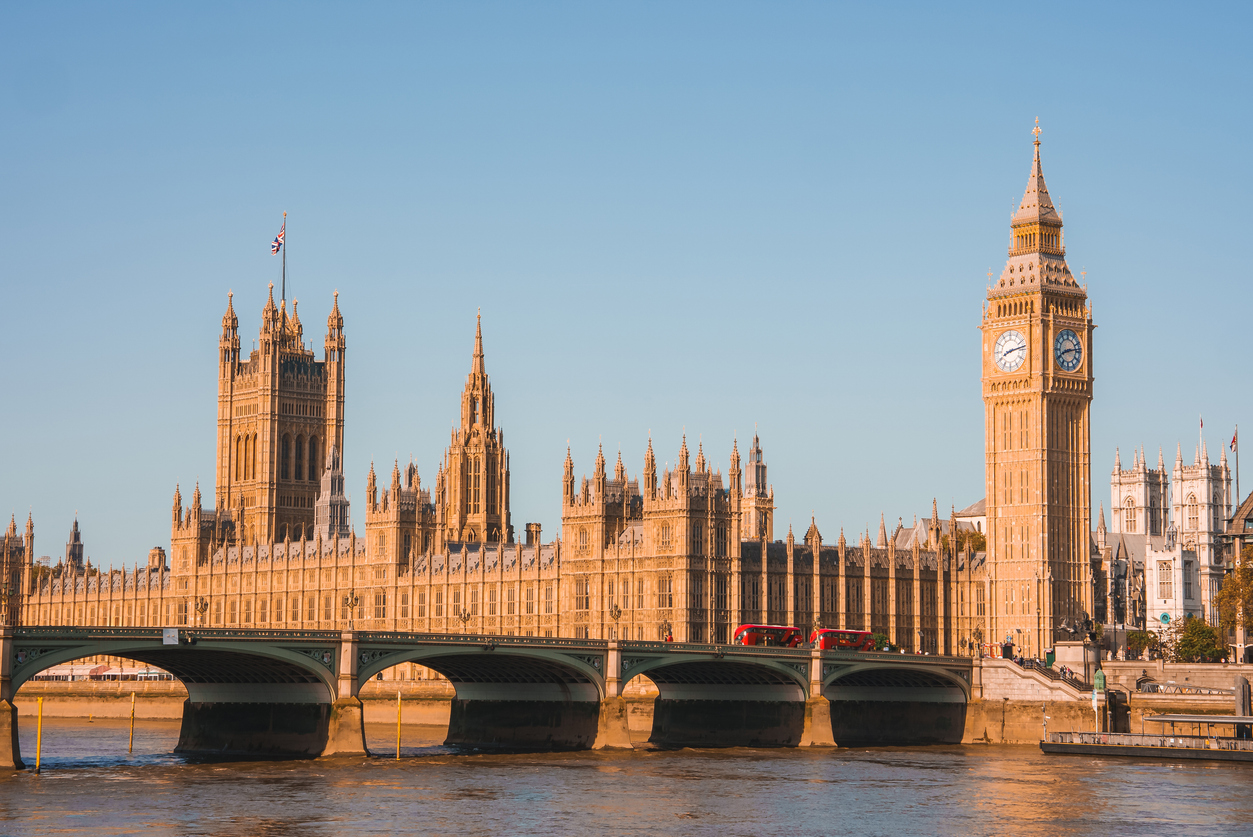Budget: CGT hike on carried interest less than feared
An anticipated capital gains tax (CGT) hike on carried interest in today’s Budget was smaller than expected, although further reforms loom on the horizon.
The Labour Party outlined its ambitions earlier this year to change the taxation regime for private markets managers’ profits from successful deals, known as carried interest. Currently, these earnings are taxed as capital gains, levied at a lower rate than income, which Chancellor Rachel Reeves branded a “tax loophole”.
The proposed tax hike has been lambasted by some investors and fund managers, who argued it would lead to a talent exodus and less support for early-stage innovation.
In her inaugural Budget, Reeves announced that the CGT rates applied to carried interest would rise from the current 28 per cent to 32 per cent in April 2025 – significantly less than the feared increase to 45 per cent, in line with the top rate of income tax.
However, the Budget also said that “the government believes there is a compelling case for reform in this area”.
“From April 2026, carried interest will be taxed fully within the income tax framework, with bespoke rules to reflect its unique characteristics – providing for fairer and more sustainable outcomes, while safeguarding the strength of the UK as a fund management hub,” the document said.
Ekaterina Almasque, general partner at early-stage tech VC OpenOcean, welcomed today’s announcement.
“We’re glad to see Chancellor Reeves step back from the brink on carried interest,” she said.
Read more: Corporate advisers expect rise in M&A activity post-Budget
“When it comes to investment, there’s value in the carrot as well as the stick. Carried interest rewards fund managers who take long-term risks, which frees the capital needed to support early-stage innovation, particularly in R&D-intensive fields like quantum computing and AI. These sectors require sustained, high-stakes investment, where tremendous strategic asset value can be created, but the journey involves a great deal of risk-taking and patience.”
Meanwhile, Kate Habershon, tax partner in the London office of law firm Morgan Lewis, called today’s announcement is a “compromise” that puts an end to speculation.
“The approach is a compromise from the more fundamental changes over which there has been speculation and consultation, comprising an increase to the capital gains rate on carried interest from 28 per cent to 32 per cent from April 2025, with further reform expected from 2026,” she said. “There has been much speculation about how this could impact the economy, including the risk of taxpayer departures having an impact on the private fund industry. We await further detail on how the further reform from 2026 will be implemented.”
Read more: FCA chief calls for “proportionate regulatory approach” to private markets
James Klein, corporate partner at law firm Spencer West, said that the changes will have varying levels of impact.
“There will be wide-ranging views on the change – some may find it to be a fairer rate, helping to move towards a more stable and perhaps more predictable tax regime here in the UK and more accurately reflecting the economic interests of carried interest and perhaps also arguing that it aligns the UK with other countries,” he said.
“Certainly the rise could have been larger – the sector is crucial to UK business and its need for private investment / growth capital and larger rises could have driven managers overseas. Others will undoubtedly reflect on the impact on fund managers and those working in the investment management industry and the need for those individuals (some 3,000+ in the UK) to bear the higher tax liability on their carried interest payments as well as the fact that the higher rate might deter new investments and delay new ones which would negatively impact investment into scaling UK businesses.”
Aymen Mahmoud, London managing partner at law firm McDermott Will & Emery, said that private capital has been a key driver of UK economic productivity in recent years, and the government has had to balance the need to fill fiscal gaps with ensuring continued economic growth.
“We have already seen some dealmakers move to jurisdictions which carry a lighter tax burden and today’s move may see some continuance of that,” he added.
“Whilst the changes to taxation on carried interest are not immaterial, the UK remains a key hub for economic activity within Europe and London remains an attractive centre for talent. We continue to see inbound activity from the US and other markets into London as the war for top talent continues.”





